When their dad died, Susan Hampton’s daughters were only four and seven years old.
It was the early stages of the pandemic, and the Fife family was suddenly plunged into grief.
But a Fife-based outdoor play project has helped them to cope with their loss – and to build a network of friends with similar experiences.
Roots and Resilience takes children and young people on outdoor adventures while their parents chat, share advice and simply relax.
Susan’s husband Craig appeared happy and healthy when the country went into lockdown in March 2020 but his health quickly deteriorated and he died on July 28.
She said: “To this day, it’s still like ‘did that really happen?’ It was just so quick and unexpected.”
Susan and her daughters were referred to Roots and Resilience’ Shoots of Hope programme.
On outdoor excursions with other families, the girls would build campfires, make dens and create wild art.
Susan said: “Through the group, the children have an opportunity to know that they are not the only ones in the world that this has happened to – that’s huge.
“They don’t have to come with a badge saying, ‘I’ve lost my dad’ or, ‘I feel like this’.
“The kids get time to be kids – and the mums and dads get time to just sit and catch our breath and know they are with others who understand.
“Sometimes that’s all you need.”
Roots and Resilience, which also runs sessions for care experienced children in partnership with schools, works closely with NHS Fife’s palliative care team and other agencies which can refer families.
When children have experienced the death of a parent no one wants to say the words ‘dying’ or ‘death’”
Claire Reid, Roots and Resilience
Claire Reid, who runs the Kinghorn-based project with partner Calum Murray, said children can experience a complex range of emotions when their mum or dad dies.
She said: “We use the outdoor environment as a therapeutic space to explore their experience of death, dying and grief.
“Quite often when children have experienced the death of a parent no one wants to say the words ‘dying’ or ‘death’, and children can become quite confused.
“A big part of what we do is naming it [death], having it in the open and being with other children who have experienced the same thing.”
Often children don’t want to talk about their feelings – they just want to play. But the subject comes up unprompted as they are focussed on building a campfire.
Conversations around the campfire
Claire said: “It will be a little comment to one of the Roots and Resilience practitioners, or sometimes they talk about amongst themselves. They might say ‘were you there when your dad died?’ These are the conversations they are just not able to have otherwise because, thankfully, other children have not had that experience.”
But whether they want to talk or not, just enjoying the outdoors in company where they can helps.
Claire said: “Part of the reason we are so passionate about this is we know the science of what happens when you are outdoors.
“There is lots of evidence that just by being outdoors cortisol levels drop, stress hormones drop. Serotonin, the happy hormone, is boosted.
“And that goes for the adults too.”
The project is funded by the National Lottery Awards for All and the People’s Health Trust, which is supported by The Health Lottery.
After an intensive six-week programme families can continue to attend monthly meet-ups, where a qualified psychotherapist is on hand for parents – whether it’s advice on dealing with a move to high school or an approaching birthday.
For Susan and her children, the outdoor adventures make all the difference – she credits spending lots of time outdoors after Craig died with “saving me”.
She said: “I think it’s absolutely critical to health and wellbeing. I don’t think the pain of losing Craig will ever go away but you learn to adapt and, with the right support, we will be ok.”
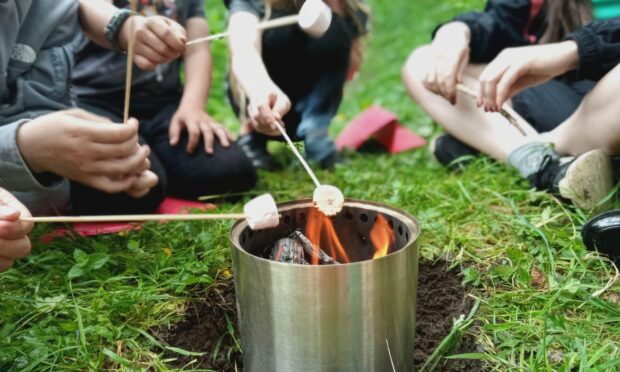
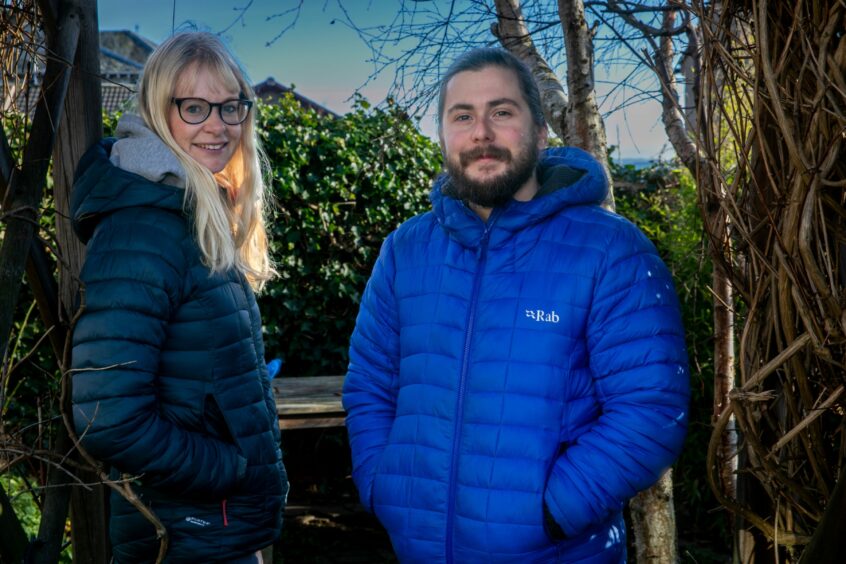
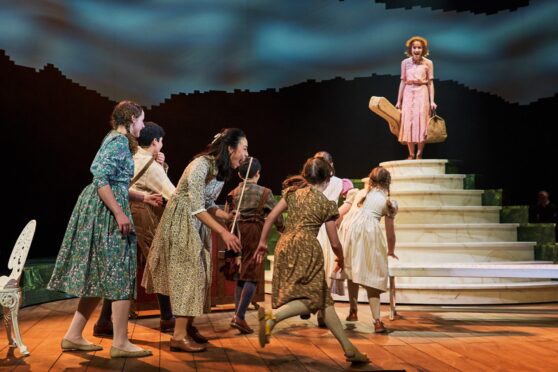


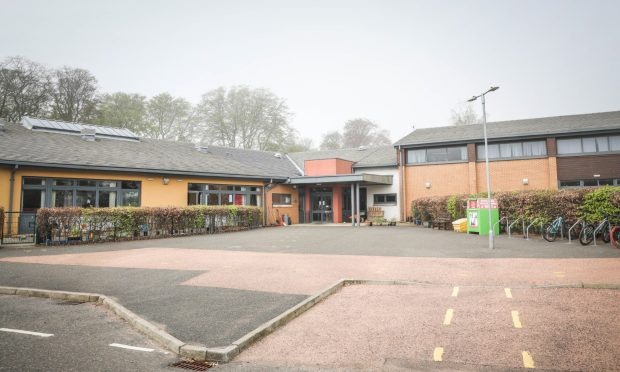





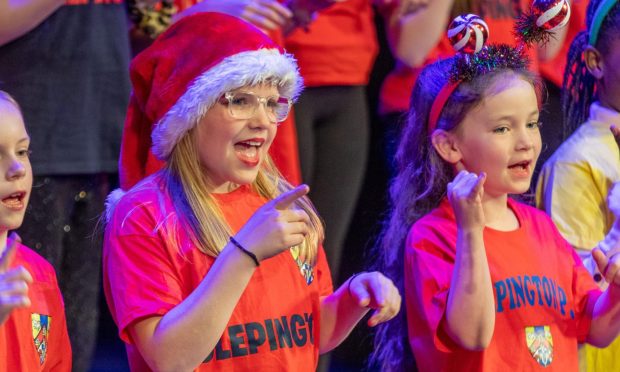
Conversation